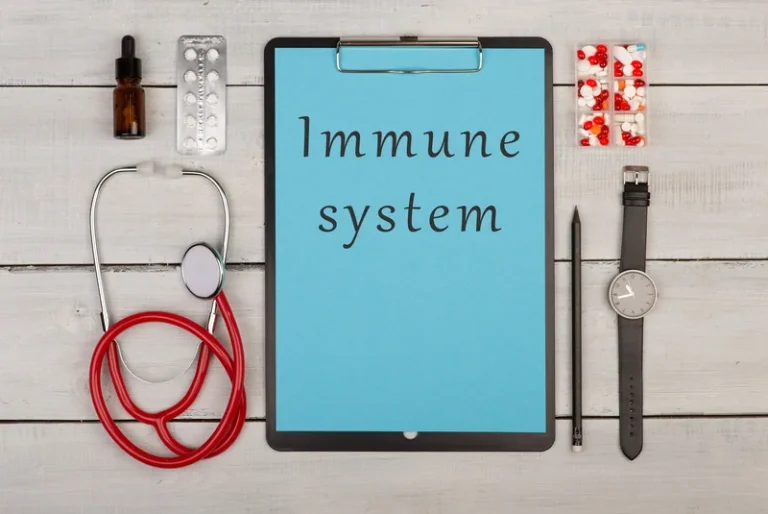
While moderate alcohol consumption may be safe for some people with psoriatic arthritis, others may find that even small amounts of alcohol exacerbate their symptoms. The key is to monitor your body’s response, maintain open communication with your health care provider and prioritize a healthy lifestyle that supports your overall health and quality of life. Friends, family and other people that a person suffering the effects of alcoholism interacts alcohol and relationships with on a regular basis are all likely to experience problems related to the condition. As alcohol abuse progresses, sufferers are likely to withdraw from society at large and may lash out at well-meaning acquaintances who seek to help them come to grips with addiction. Living with a chronic condition like psoriatic arthritis can be challenging, and it’s important to seek support from health care professionals, support groups, friends and family.
Swollen feet and hands can challenge several body organs

If you’ve noticed that you’re only doing activities with your partner that involve alcohol, try to find other ways to spend time together without drinking. If you’re not sure how much alcohol is too much, consider following the recommended Dietary Guidelines for Americans of 1 drink or less in a day for women and 2 drinks or less in a day for men. The survey results showed that people in committed relationships who use alcohol during intimacy were more likely to be sexually aggressive toward their intimate partners. But there are ways you can recognize when alcohol might be negatively affecting your relationships — and when it may be time to get help. Individual and couples therapy can equip you with the perspective, tools, and resources you need to embrace a healthier relationship with yourself, your partner, and alcohol. A glass of wine with dinner, drinks with friends at the bar, and a «cheers» to kick off the weekend—alcohol is ingrained in our social rituals.
- Every person who loves someone with an addiction has to choose whether to help the person or to distance themselves from the person.
- Individual and couples therapy can equip you with the perspective, tools, and resources you need to embrace a healthier relationship with yourself, your partner, and alcohol.
- We can also find ourselves using alcohol as a coping mechanism that we have come to rely on, creating the need for us to establish alternative coping strategies.
- “This can make people more prone to developing problems with coordination or balance,” increasing their risk of falls.
- Studies show that females who are in relationships with males struggling with AUD experience higher rates of depression, anxiety, physical health problems, and occupational and social disruptions.
Effects of Alcoholism on Families and Close Friends
If you’re considering your relationship with alcohol, it’s important to educate yourself on the common risks of drinking. With the recent popularization of 30-day challenges like Dry January and Sober October, people are beginning to recognize that there can be benefits to cutting out alcohol for a period of time. But if you’re new to sober curiosity, you may not know where to begin thinking about your relationship with alcohol. There is a direct correlation between alcohol use in relationships and the quality of intimacy among partners. More specifically, the severity of relationship distress is influenced by alcohol consumption by one (or both) people’s alcohol consumption. Sometimes, we have questions or concerns about our relationship with alcohol, but we’re not sure where to turn for answers or if a problem even exists.
Why women are more likely to have IBS
- People who have an addiction to alcohol continue to engage in compulsive behaviors despite negative consequences.
- Fortunately, there are several ways to address or prevent alcohol problems in your relationship.
- Some studies challenge the belief that there is a cause-and-effect relationship between alcohol misuse and domestic violence.
- Cirrhosis, on the other hand, is irreversible and can lead to liver failure and liver cancer, even if you abstain from alcohol.
- Helping a partner who struggles with alcohol misuse and coping with the choices they make is too hard to do alone.
- If you’re close with someone who has alcohol use disorder (AUD), it can be difficult to know what to do to minimize conflict and stress, support your loved one, and tend to your own needs at the same time.
Therefore, one of the best ways to prevent alcohol from altering your relationships is to recognize the beginning signs and stages of addiction. Even if you believe your partner is more important than any substance, your actions will likely prove otherwise if you have alcohol use disorder. Heavy drinking affects the mind and body, and the one struggling is often the last to recognize the damage’s extent. The connection between alcohol, interpersonal violence and codependency is widely documented. Constant conflict or neglect can severely impact children of parents with alcohol addiction.

Relationship problems are a common byproduct of alcohol addiction, though there are several ways to combat it. Professionals can provide family support for loved ones affected by addiction and help individuals reach recovery at the same time. After all, partners and families are part of the journey and deserve help returning to normalcy. Regardless of whether the person can function in some aspects of life, alcoholism is a serious disease. High-functioning alcoholics need treatment just like other alcoholics do.
- Many also offer training on how to assist a loved one with coming to grips with the condition and facing the problems that now plague the family, business or relationship.
- It also includes binge drinking — a pattern of drinking where a male has five or more drinks within two hours or a female has at least four drinks within two hours.
- These conditions can complicate the management of psoriatic arthritis and increase the overall burden of the disease.
High-Functioning Alcoholics and Relationships


Comentarios recientes